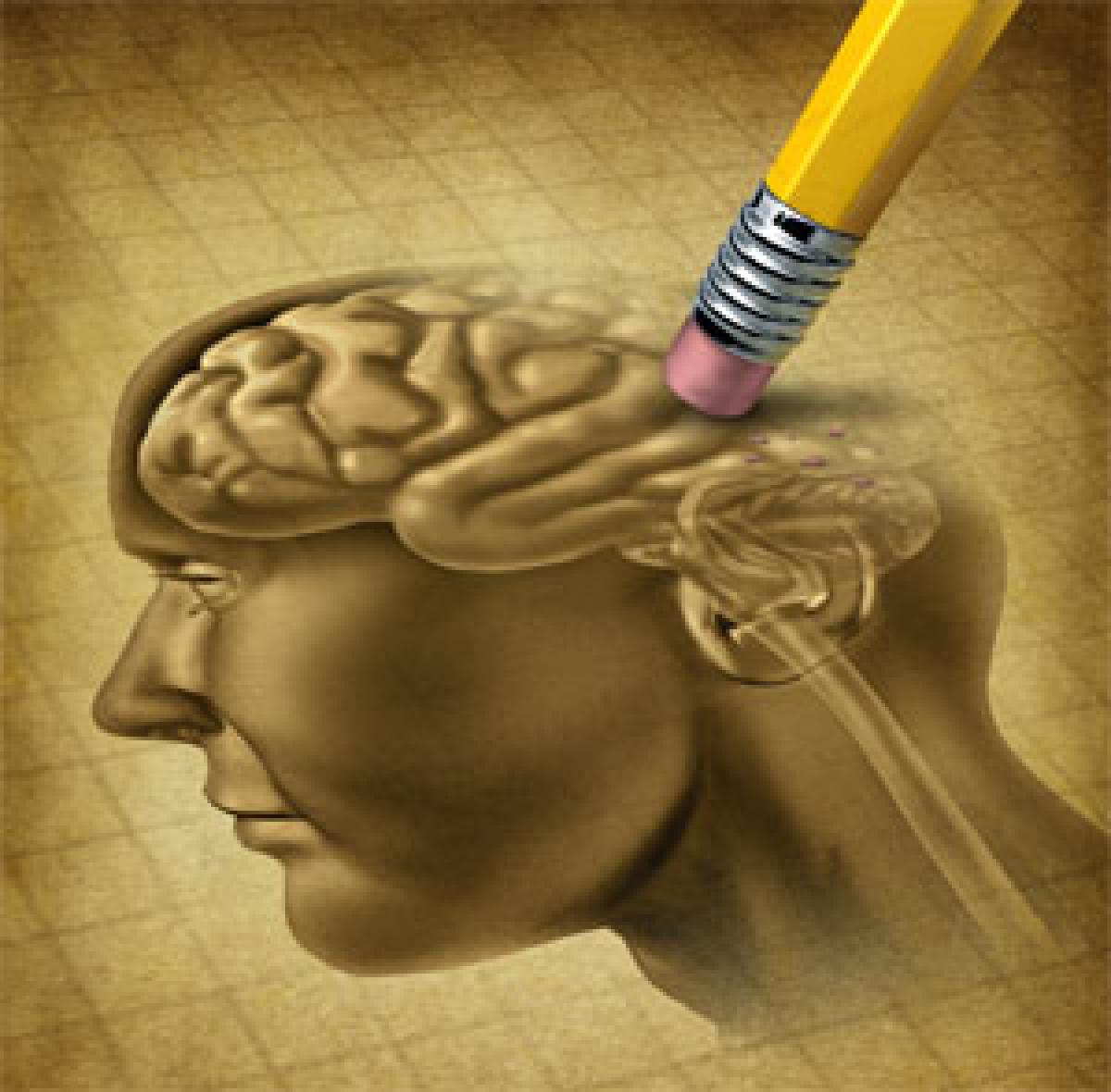Enhancing brain function may curb memory loss

Increasing a crucial cholesterol-binding membrane protein in nerve cells (neurons) within the brain can improve learning and memory in aged mice, a new study shows.
 Washington: Increasing a crucial cholesterol-binding membrane protein in nerve cells (neurons) within the brain can improve learning and memory in aged mice, a new study shows.
Washington: Increasing a crucial cholesterol-binding membrane protein in nerve cells (neurons) within the brain can improve learning and memory in aged mice, a new study shows.
The study, led by scientists at The Scripps Research Institute (TSRI), the Veterans Affairs San Diego Healthcare System (VA) and University of California-San Diego (UC-SD) School of Medicine, focused on a specific membrane protein called caveolin-1 (Cav-1).
"This is a novel strategy for treating neurodegenerative diseases, and it underscores the importance of brain cholesterol," said Chitra Mandyam, associate professor at TSRI and co-first author of the study with Jan M. Schilling of UC-SD and the VA.
"By bringing back this protein, you are actually bringing cholesterol back to the cell membrane, which is very important for forming new synaptic contacts," senior author Brian Head, a research scientist with the VA and associate professor at UC-SD, added.
The study expands scientists' understanding of neuroplasticity, the ability of neural pathways to grow in response to new stimuli.
Previous work by Head's group at the VA and at UC San Diego had shown that raising Cav-1 levels supported healthy "rafts" of cholesterol involved in neuron growth and cell signalling.
However, it was not clear if this new growth actually improved brain function or memory. To find out, the researchers delivered Cav-1 directly into a region of the brain known as the hippocampus in adult and "aged" mice.
In addition to improved neuron growth, treated mice demonstrated better retrieval of contextual memories -- they froze in place, an indication of fear, when placed in a location where they had once received small electric shocks.







